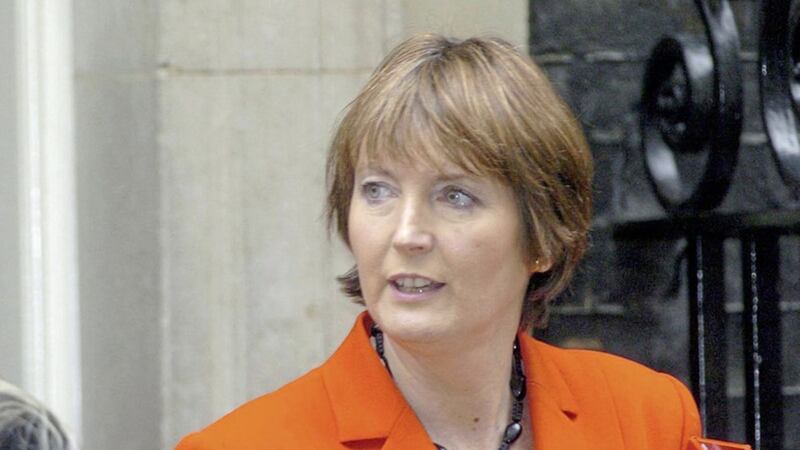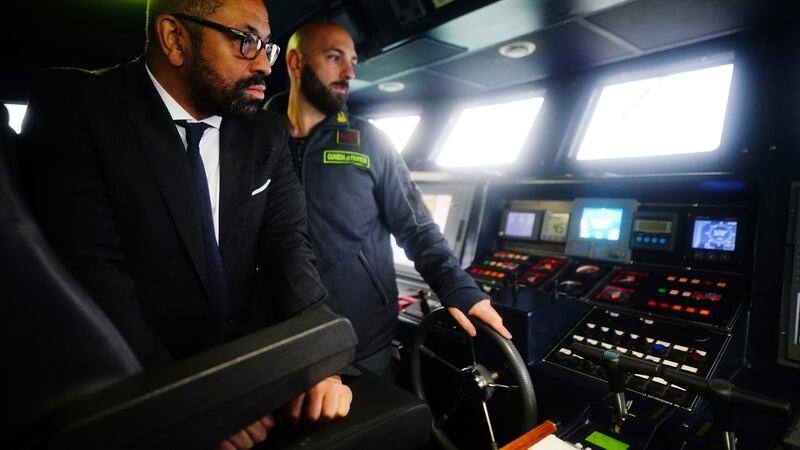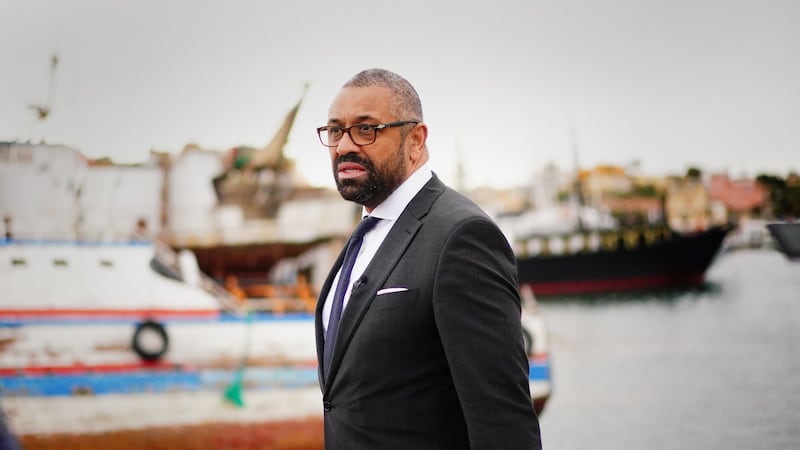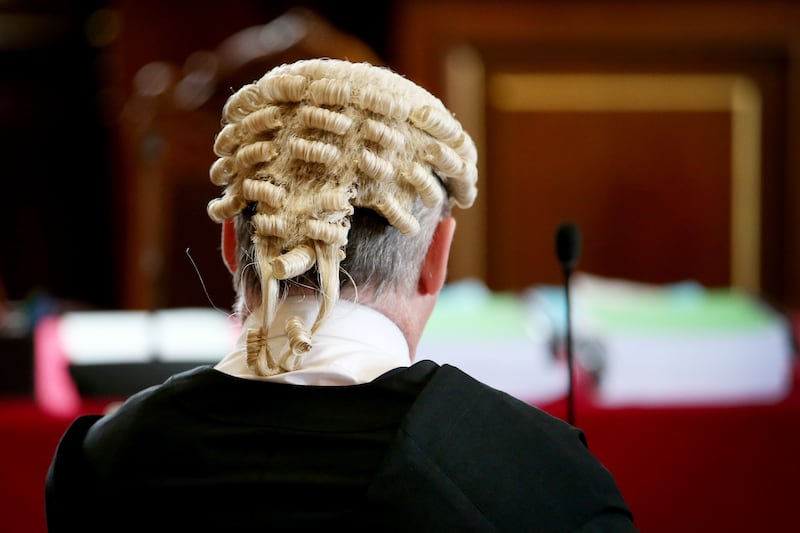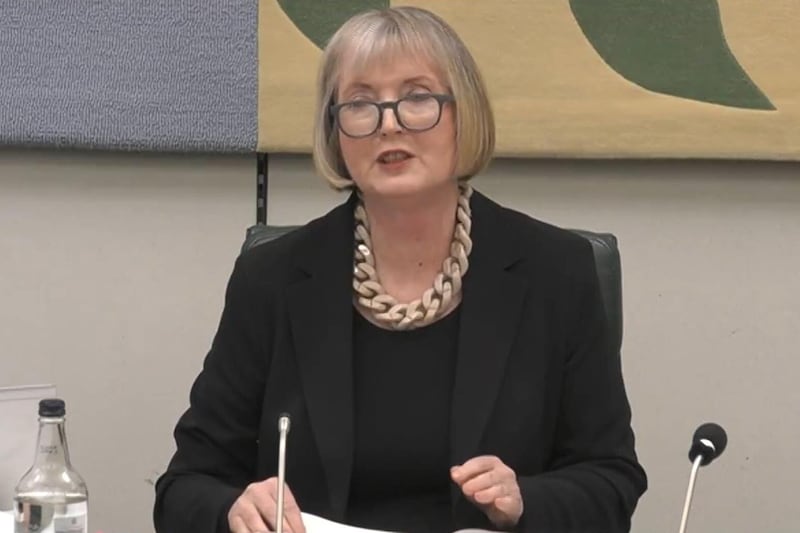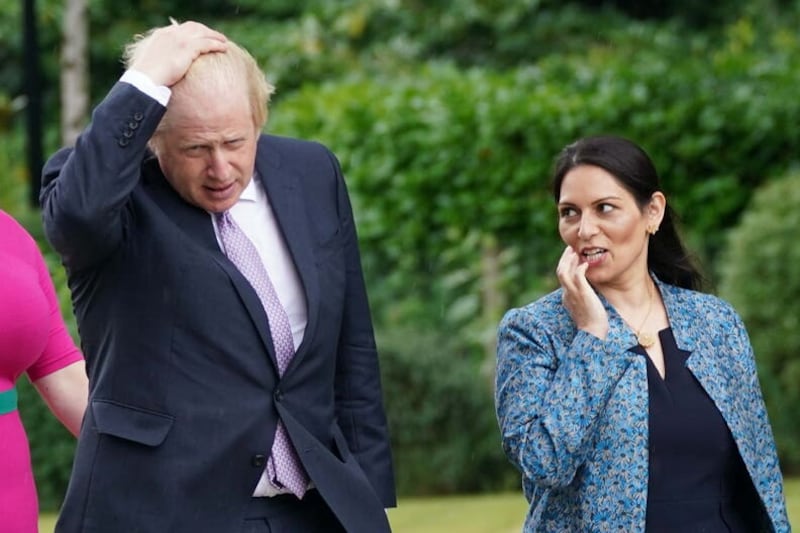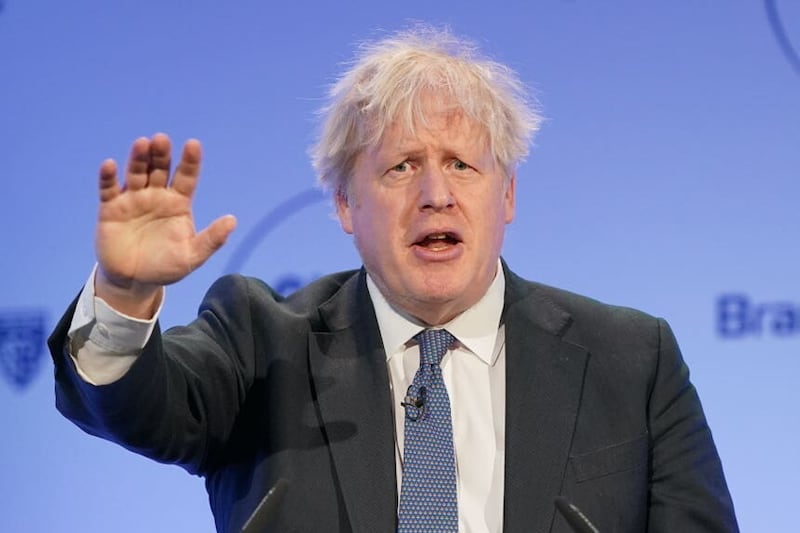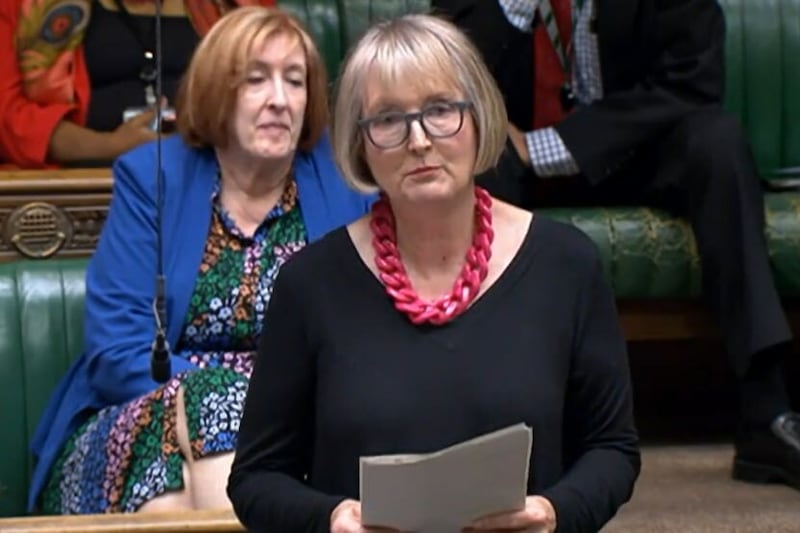FORMER Labour party deputy leader Harriet Harman has praised the "remarkable progress" of women fighting for equality in Northern Ireland but warned there is "still a long way to go".
In a keynote speech on gender equality to the NI Human Rights Commission today, the MP for Camberwell and Peckham for the past 35 years noted that men continue to outnumber women by three to one in the north's councils, while that figure rises to four to one in Westminster.
"That means men making decisions and women on the sidelines," Ms Harman said.
A solicitor by profession, the 67-year-old introduced the National Childcare Strategy in 1997 when she was appointed Minister for Women when Labour came into power under Tony Blair.
Within four years, she was leading a drive to tackle domestic violence and by 2005 she was instrumental in creating what is now the Equality Act.
She is the longest serving woman MP and has been interim leader of her party twice.
Speaking to an audience in Belfast, she spoke of women in the north "struggling" for their rights.
"And I pay tribute to the remarkable progress that they've made in the last decades. But there is still a long way to go before women in Northern Ireland are on equal terms with men," she said.
"As we look ahead to the centenary of women getting the vote, it's long overdue for that to change. And women MPs in Westminster feel a new sense of solidarity with women in Northern Ireland and are growing impatient with the old idea that we "mustn't interfere" in support of our sisters in Northern Ireland. If Northern Irish women call for our help, we will be there to back them up".
She added: "Women in every part of the UK are demanding equality. They are no longer prepared to put up with being second class citizens," she said.
As part of its annual statement, the Commission assesses developments affecting the human rights of the population over the past year.
Chief Commissioner, Les Allamby, said that while there has been an increase in the number of female elected representatives, a strategy was urgently required to tackle gender inequality in other areas of public life - in particular the legal system and civil service which had "stark gaps".
Inaction on a number of other key human rights issues, including the rights of disabled people and the LGBT community are also "reflective of the absence of an Assembly", added the Commissioner.
An issue of "extreme concern" is the number of children going missing from care in Northern Ireland - and who are at "high risk of sexual exploitation".
"Immediate and joined up action by all agencies with responsibility for the protection of our most vulnerable children is
needed. There can be no doubt that human rights abuses are taking place. The Commission continues to monitor and support the work of the Police and Health and Social Care bodies, who are seeking to improve an unacceptable situation," Mr Allamby said.
Other serious abuses included:
- Troubles-related deaths
- Legacy Inquests and inquiries
- Remand of children
- Corporal punishment of children
- Child, early and forced marriage
- Abortion
- Compensation for miscarriage of justice
